Int'l press: Bleak Kosovo outlook
The European press today reports on the latest twists expected in the wake of Kosovo's unilateral declaration of independence.
Monday, 18.02.2008.
16:32

The European press today reports on the latest twists expected in the wake of Kosovo's unilateral declaration of independence. The dailies across the continent today seem to agree that while there was "no alternative" to a proclamation that runs against international law and is rejected by Serbia, the province will now face a series of serious problems, from its uncertain international status, dangers of partition, to the extremely bad economy. Int'l press: Bleak Kosovo outlook "The birth of the new, problem child" will bring with it many diplomatic problems, while its survival remains uncertain, the western press says. "Kosovo has Sunday become only a little independent, since it cannot make any decisions in the future without consent from Washington and Brussels. The biggest problem is that this state, which has only just been created, is already falling apart, since the northern, Serb-populated areas will de facto secede," Vienna's Standard reports. Still in the Austrian capital, Kurier and Presse say that Kosovo's unilateral declaration, "while not exactly impossible to overturn under international law", had "no realistic alternative". Editorials in five of the UK's leading dailies say that despite yesterday's celebrations in Pristina, Kosovo is facing serious problems, including the fact that not even all of the EU countries will recognize it. The Times reminds that Moscow's rejection is an even greater problem, and adds that Hashim Thaci will have to display "iron realism" and in fact implement all the mechanisms to protect Kosovo Serbs. The Independent says that small countries can only be prosperous if they are politically stable, economically organized and recognized by larger neighbors – none of which is the case with Kosovo, the paper concludes. The Guardian writes that yesterday's events in Pristina dealt a blow to efforts to build a new international order that will solve problems through multilateral negotiations. "The argument that Kosovo is a unique case because of what Slobodan Milosevic did is thin," the paper says, and adds that the precedent has been set. The Financial Times is more optimistic and says that while the unilateral declaration is "not ideal", it is the "least bad of all solutions", since it was the status quo that produced the economic hardships and flourishing of organized crime, the paper believes. Now it is up to the EU to put in place an efficient civil mission and guarantee an open European perspective for Kosovo, at the same time increasing aid, strengthening trade and relaxing its visa regime, the daily advises. In Germany, the papers are concentrated on the consequences of the proclamation. "The negative impact of Kosovo's independence will be felt outside of Kosovo and Serbia," Dusseldorf's Handelsblatt writes, and adds that "likely, Kosovo is not the last episode of Yugoslavia's demise". It is the Bosnian Serbs now who are pressuring for secession, and the West will have problems finding arguments to explain why this, once it's been allowed to Kosovo, should be withheld from the Republic of Srpska. The paper also says the "artificial creation that is Bosnia-Herzegovina will be hard to maintain against the will of the Serbs." Frankfurter Allgemeine Zeitung says that "UN protectorate – Kosovo" has declared independence, while Welt points out to the anxiety in Europe's capitals over this "experiment with uncertain outcome". Munich's Zuddeutsche Zeitung says that "Europe is witnessing the birth of a new nation", and that while Kosovo's Albanians celebrate, the Serbs there fear for their safety. More to the east, and both Polish and Czech supporters and opponents of Kosovo's unilateral independence are worried today. They believe that the unilaterally proclaimed independence of Kosovo, rejected by Serbia, will prove to be a heavy burden for Europe in the time to come. And while the political elite in Poland believes that Kosovo should be recognized since the status quo was "impossible to maintain", analysts warn that the territory will "not be able to function independently and will have to be supported by Europe". Lonely voices, such as Adam Balcer, claim however that Kosovo will "become economically viable and independent in a couple of years, with the EU assistance". Although he believes that it was the unsolved status that brought with it serious economic hardships, Balcer now sees new danger for the "young state", namely, in "numerous and strong Serb enclaves" that will threaten its "territorial integrity". Forum weekly editor-in-chief, Jacek Manikowski, disagrees: "Kosovo is a country the size of, for instance, our Duchy of Opole, it has no strong state infrastructure, it's an illegal state. A radical change of elites must take place there. Kosovo is transfixed with strong mafia structures, organized crime and smuggling," he said. Meanwhile, Prague daily Lidove Noviny says in an editorial today that irrelevant of the proclaimed independence, "Kosovo remains Europe's black hole". The paper also adds that NATO "did not succeed in winning in peace, although it won the 1999 war". "According to the plans of the winners, that is, us, Serbia was supposed to be whole today. It isn't. Not even with the help of billions of euros have we managed to turn Kosovo into a normal, civilized region, where mafia would not rule, where there would be roads, and where people would have jobs," the editorial was blunt. Lidove Noviny goes on to say that Serbia ought to be "glad to get rid of such a black hole", and adds, "but explain that to the Serbs". Hospodarske Noviny, another Czech daily, analyzes Kosovo's economic woes, and reminds that the province cannot count on entering international organizations, even after it is recognized by the United States and most EU member-states. "Only the Organization of the Islamic Conference will greet them with open arms. This is how various regimes and Islamic groups can strengthen their influence in Kosovo, and Europe," the paper warns. "Should Kosovo remain so isolated, those opponents of its independence who said that Kosovo will become, if it already isn't one, a base for Islamic invasion of Europe, will be proved right," the article concludes.
Int'l press: Bleak Kosovo outlook
"The birth of the new, problem child" will bring with it many diplomatic problems, while its survival remains uncertain, the western press says."Kosovo has Sunday become only a little independent, since it cannot make any decisions in the future without consent from Washington and Brussels. The biggest problem is that this state, which has only just been created, is already falling apart, since the northern, Serb-populated areas will de facto secede," Vienna's Standard reports.
Still in the Austrian capital, Kurier and Presse say that Kosovo's unilateral declaration, "while not exactly impossible to overturn under international law", had "no realistic alternative".
Editorials in five of the UK's leading dailies say that despite yesterday's celebrations in Priština, Kosovo is facing serious problems, including the fact that not even all of the EU countries will recognize it.
The Times reminds that Moscow's rejection is an even greater problem, and adds that Hashim Thaci will have to display "iron realism" and in fact implement all the mechanisms to protect Kosovo Serbs.
The Independent says that small countries can only be prosperous if they are politically stable, economically organized and recognized by larger neighbors – none of which is the case with Kosovo, the paper concludes.
The Guardian writes that yesterday's events in Priština dealt a blow to efforts to build a new international order that will solve problems through multilateral negotiations.
"The argument that Kosovo is a unique case because of what Slobodan Milošević did is thin," the paper says, and adds that the precedent has been set.
The Financial Times is more optimistic and says that while the unilateral declaration is "not ideal", it is the "least bad of all solutions", since it was the status quo that produced the economic hardships and flourishing of organized crime, the paper believes.
Now it is up to the EU to put in place an efficient civil mission and guarantee an open European perspective for Kosovo, at the same time increasing aid, strengthening trade and relaxing its visa regime, the daily advises.
In Germany, the papers are concentrated on the consequences of the proclamation.
"The negative impact of Kosovo's independence will be felt outside of Kosovo and Serbia," Dusseldorf's Handelsblatt writes, and adds that "likely, Kosovo is not the last episode of Yugoslavia's demise".
It is the Bosnian Serbs now who are pressuring for secession, and the West will have problems finding arguments to explain why this, once it's been allowed to Kosovo, should be withheld from the Republic of Srpska. The paper also says the "artificial creation that is Bosnia-Herzegovina will be hard to maintain against the will of the Serbs."
Frankfurter Allgemeine Zeitung says that "UN protectorate – Kosovo" has declared independence, while Welt points out to the anxiety in Europe's capitals over this "experiment with uncertain outcome".
Munich's Zuddeutsche Zeitung says that "Europe is witnessing the birth of a new nation", and that while Kosovo's Albanians celebrate, the Serbs there fear for their safety.
More to the east, and both Polish and Czech supporters and opponents of Kosovo's unilateral independence are worried today.
They believe that the unilaterally proclaimed independence of Kosovo, rejected by Serbia, will prove to be a heavy burden for Europe in the time to come.
And while the political elite in Poland believes that Kosovo should be recognized since the status quo was "impossible to maintain", analysts warn that the territory will "not be able to function independently and will have to be supported by Europe".
Lonely voices, such as Adam Balcer, claim however that Kosovo will "become economically viable and independent in a couple of years, with the EU assistance".
Although he believes that it was the unsolved status that brought with it serious economic hardships, Balcer now sees new danger for the "young state", namely, in "numerous and strong Serb enclaves" that will threaten its "territorial integrity".
Forum weekly editor-in-chief, Jacek Manikowski, disagrees:
"Kosovo is a country the size of, for instance, our Duchy of Opole, it has no strong state infrastructure, it's an illegal state. A radical change of elites must take place there. Kosovo is transfixed with strong mafia structures, organized crime and smuggling," he said.
Meanwhile, Prague daily Lidove Noviny says in an editorial today that irrelevant of the proclaimed independence, "Kosovo remains Europe's black hole".
The paper also adds that NATO "did not succeed in winning in peace, although it won the 1999 war".
"According to the plans of the winners, that is, us, Serbia was supposed to be whole today. It isn't. Not even with the help of billions of euros have we managed to turn Kosovo into a normal, civilized region, where mafia would not rule, where there would be roads, and where people would have jobs," the editorial was blunt.
Lidove Noviny goes on to say that Serbia ought to be "glad to get rid of such a black hole", and adds, "but explain that to the Serbs".
Hospodarske Noviny, another Czech daily, analyzes Kosovo's economic woes, and reminds that the province cannot count on entering international organizations, even after it is recognized by the United States and most EU member-states.
"Only the Organization of the Islamic Conference will greet them with open arms. This is how various regimes and Islamic groups can strengthen their influence in Kosovo, and Europe," the paper warns.
"Should Kosovo remain so isolated, those opponents of its independence who said that Kosovo will become, if it already isn't one, a base for Islamic invasion of Europe, will be proved right," the article concludes.















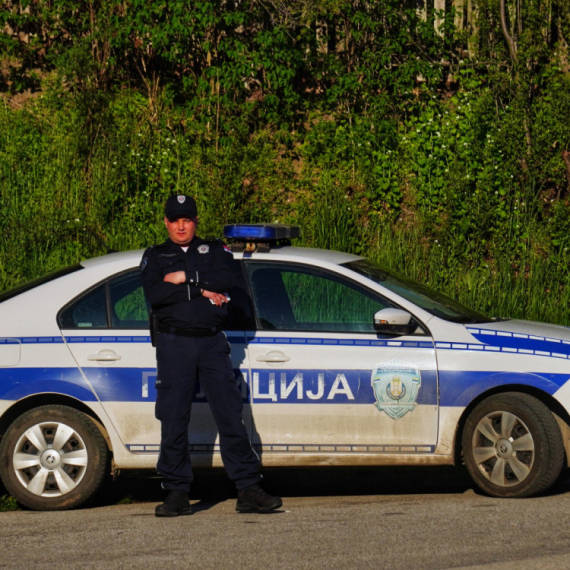
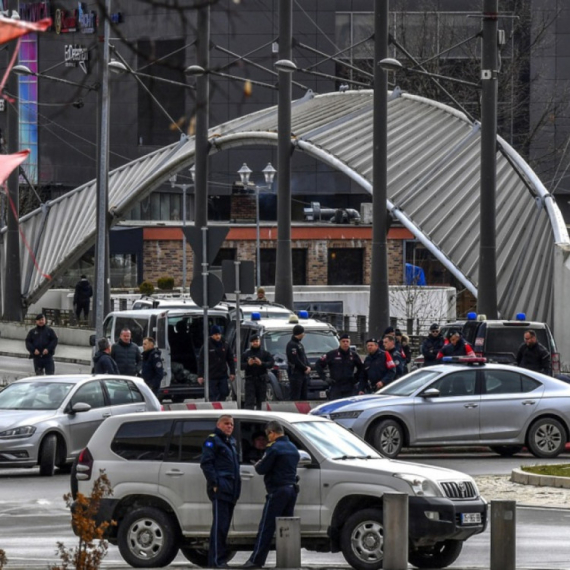
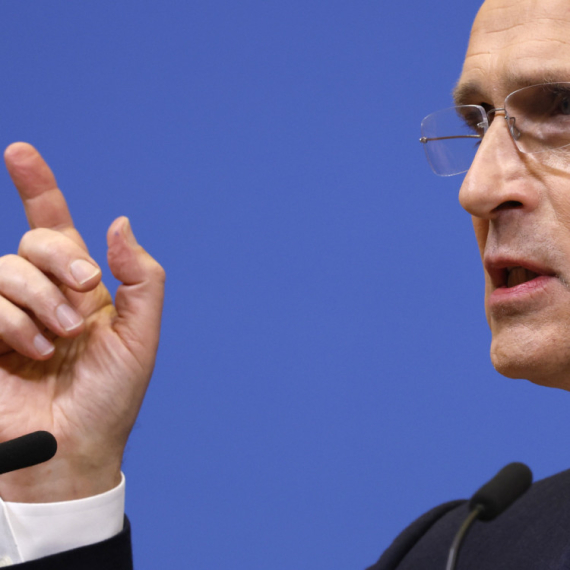

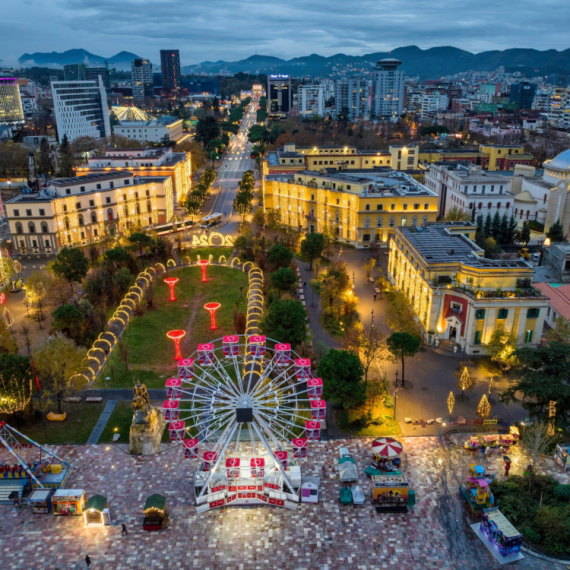






















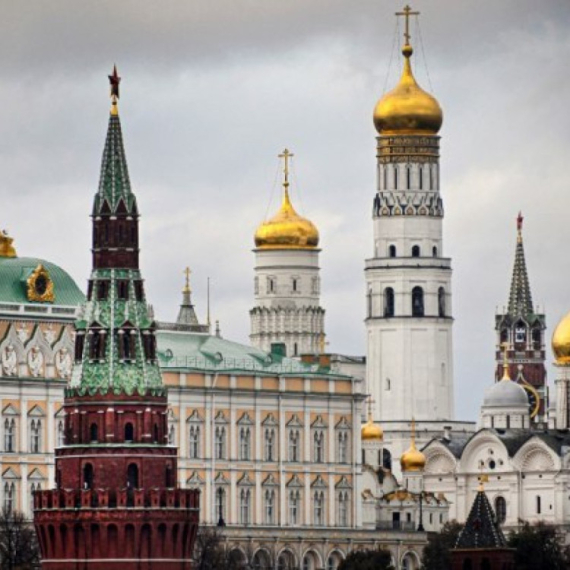





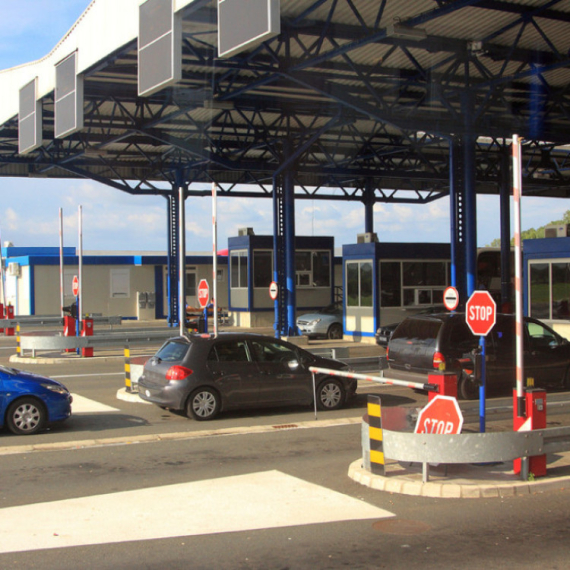






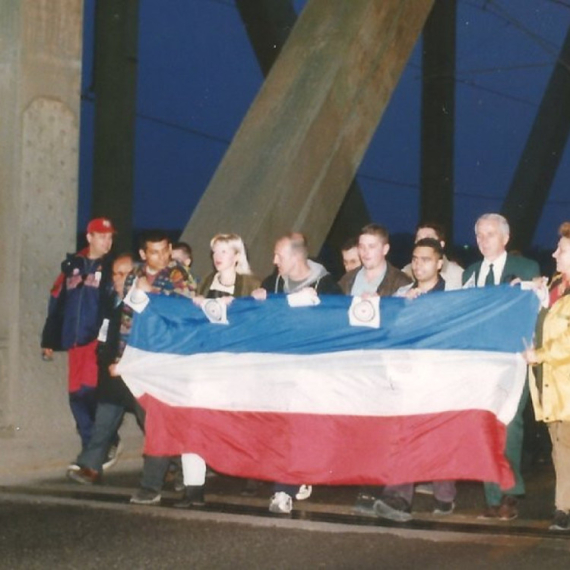
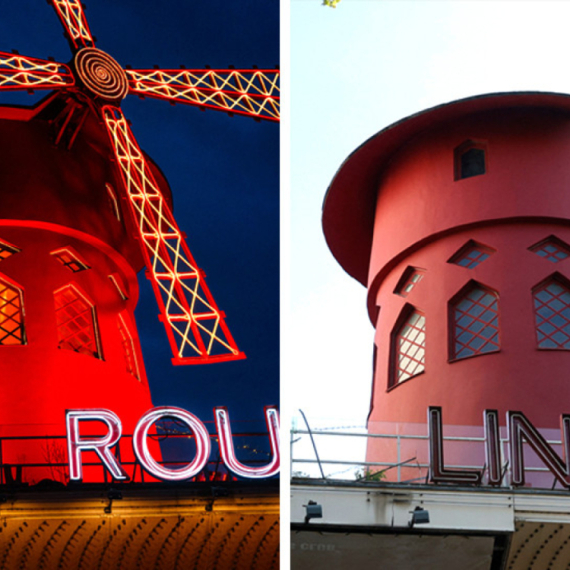

Komentari 9
Pogledaj komentare